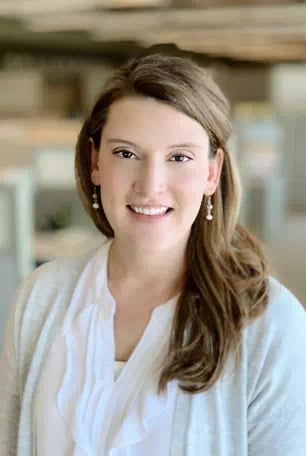Healthcare Revenue Recognition & Self-Pay Contracts


- Achiever, Learner, Strategic, Context, Individualization
Julianne Kipple
Julianne Kipple, Healthcare Shareholder, began her career in 2008. Over the years, she has built a strong expertise in healthcare accounting and consulting while driving the expansion of Lutz’s services for rural and critical access hospitals. She is actively involved in the healthcare department’s operations, focusing on strategic growth and team development.
Leveraging her experience in healthcare finance, Julianne focuses on providing outsourced CFO services to healthcare facilities. She provides Medicare and Medicaid cost reporting, software conversion assistance, and comprehensive financial management solutions. Julianne values ensuring the sustainability of rural healthcare facilities, understanding their vital role in their communities.
At Lutz, Julianne demonstrates what it means to serve beyond expectations by helping healthcare organizations facing complex challenges. Her genuine care for rural healthcare facilities shows in everything she does - from anticipating their needs to finding creative solutions that ensure their success. Through her thoughtful mentorship of her team, she's helped establish Lutz as a trusted partner in the healthcare sector.
Julianne lives in Bennington, NE, with her husband and four children. Outside the office, she can be found attending her kids' sporting events, running, and cooking on the weekends.
Recent News & Insights
Is sales-based apportionment helping or hurting your bottom line?
Employee Stock Ownership Plan (ESOP) Benefits & Best Practices
The 60/40 Portfolio is Alive and Well
International Momentum Continues




%20(1).jpg?width=300&height=175&name=Mega%20Menu%20Image%20(2)%20(1).jpg)
%20(1)-Mar-08-2024-09-27-14-7268-PM.jpg?width=300&height=175&name=Untitled%20design%20(6)%20(1)-Mar-08-2024-09-27-14-7268-PM.jpg)

%20(1)-Mar-08-2024-09-11-30-0067-PM.jpg?width=300&height=175&name=Untitled%20design%20(3)%20(1)-Mar-08-2024-09-11-30-0067-PM.jpg)
%20(1).jpg?width=300&height=175&name=Mega%20Menu%20Image%20(3)%20(1).jpg)
%20(1).jpg?width=300&height=175&name=Mega%20Menu%20Image%20(4)%20(1).jpg)
%20(1).jpg?width=300&height=175&name=Mega%20Menu%20Image%20(5)%20(1).jpg)
-Mar-08-2024-08-50-35-9527-PM.png?width=300&height=175&name=Untitled%20design%20(1)-Mar-08-2024-08-50-35-9527-PM.png)


.jpg)




